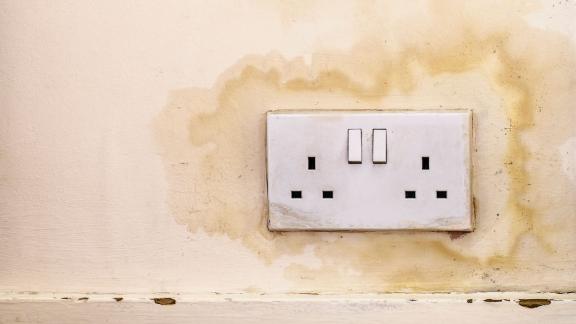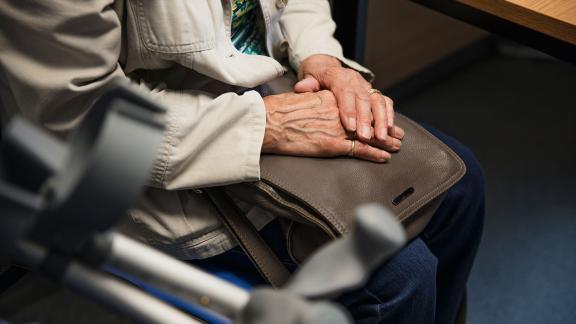Restoring children’s health services now – safe, feasible and much in need

In early March this year, the RCPCH’s State of Child Health 2020 gave an updated snapshot of the health of children and young people across the UK. This report highlighted how in many areas, including health inequalities and emergency hospital admissions for long-term conditions, the UK was falling behind comparable high-income countries.
The necessary disruption of all health services due to the whole-system response of the NHS to COVID-19 has inevitably impacted on child health services. The pandemic has taught us that COVID-19 and its infection are very different in children compared to adults, that the risks to children from COVID-19 infection are many magnitudes lower than for adults, and the risk of children transmitting infection is also substantially lower.
Today’s children are tomorrow’s adults
The changes to society and the NHS since March 2020 have not improved child mental and physical health and wellbeing. We anticipate that unless a ‘business as usual’ child health service is restored, our health inequalities will widen even further as the economic implications of the pandemic become clearer. Action is required now to reduce the burden of child mental and physical illness.
Today’s children will be adults remarkably soon, and action today will reduce the burden of illness faced by tomorrow’s adult health and social services.
RCPCH is calling on national and local health service leaders across the UK to restore children’s access to the health services they need and to prioritise these services throughout this autumn and winter.
A plan for returning to normal by winter
We respectfully suggest that commissioners, service providers, trusts and health boards have a dedicated plan for a return to business as normal for child services, which includes winter planning. The plan should recognise the well-known and different impact of COVID-19 on children compared to adults. It should include service transformation that includes lessons learned during the pandemic where we have seen new ways of delivering child health. Integrated child health services should be clear about how parents and carers can access scheduled and unscheduled health services for children during this autumn and winter.
Demand for children’s health services is particularly acute in autumn and winter, as the incidence of respiratory conditions drives demand for unscheduled care. While phase 1 of the pandemic was able to draw on staff and clinical areas usually dedicated to scheduled and unscheduled child health services, this approach will not be as readily available during this autumn and winter. The plan should include this understanding and ringfence the paediatric workforce and the clinical areas in hospitals and in the community, where child health services are delivered.
In March, the State of Child Health 2020 outlined the burden of inequalities and ill health already faced by children and young people. The need to address the health and wellbeing challenges our children face has not changed, and in several ways the challenges have become greater since March. Health services for the whole population have been necessarily changed due to COVID-19, and this change needs to be maintained in many areas to provide capacity for patients with COVID-19 infection. Fortunately, restoring business as normal services for children and young people is now feasible. The lessons learned during COVID-19 can help clinicians and managers transform child health services across primary and secondary care.
We are poised and ready to get on with it.
Professor Steve Turner is RCPCH officer for Scotland. Find out more about RCPCH and follow the organisation on Twitter @RCPCHtweets


